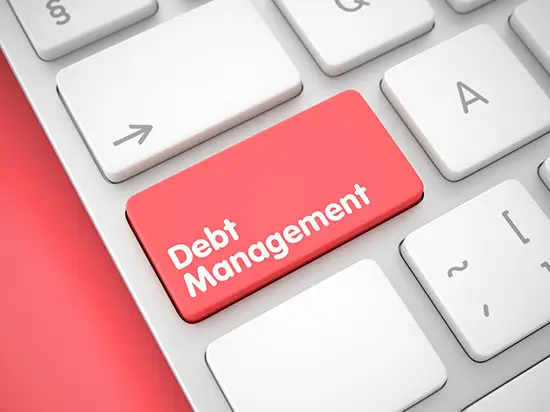Advice If You Don't Need a DMP

A debt management plan is one of several solutions consumers can choose to help them get out of debt in a reasonable amount of time. But what if you don't qualify for a DMP? Here are some strategies you can use to help yourself out of debt.
You do have options besides a debt management plan
Debt Management Programs are structured and endorsed by creditors to help those consumers who face significant financial difficulty. Due to recent Creditor Policy changes, many consumers who have not had a significant difficulty in repaying their debt no longer qualify for enrollment in such plans. If you have consistently maintained your monthly payments, or have ever sent larger payments than required when extra funds were available, you may be barred by your creditors from participating in a debt management program.
Under these circumstances, joining a Debt Management plan will not help you accelerate your debt repayment. The normal concessions extended through these programs would not apply to you, due to your relatively healthy financial situation. There are, however, several ways to accelerate the repayment of your debt on your own.
The first and most important step is to establish a budget. A budget is a necessary tool for formulating a strategy to repay your debt. It will help you to calculate your disposable income. When you know how much you have left over after you have taken care of all your obligations, you can look to see how much you can put toward your debt. Keep in mind that you should be dedicating some of this money toward building savings. It is recommended that you have 3 to 6 months' worth of income in savings; however, any amount you are able to save is good. This strategy will provide a cushion for you to absorb the impact of unforeseen expenses, instead of relying on credit in emergencies. You also need to stop incurring debt. One of the easiest ways to achieve this is to close your credit card accounts. However, as a matter of convenience, you may wish to leave an account open for emergency use. If you decide to leave an account open, be sure it is one with a low interest rate.
Strategies to get out of debt
Negotiate with creditors: Creditors want your business, especially if you are a good customer, but they won't lower your interest rate without being asked. When you have a good repayment history, you're in a good position to negotiate a lower interest rate than the one currently being assessed. You can inform your creditors of lower offers you have received and request that they match or even beat these offers. Even if you are only able to get your interest rate reduced by 2 percentage points, those two points represent a great financial savings over time.
Move high interest rate credit card balances to your low interest rate credit cards: For example, if you are being charged 21% on a specific account, move the balance to a credit card charging 12%.
There are two repayment strategies you may want to employ:
- Target high interest cards: Continue to send more that the minimum payments to your credit cards while putting the bulk of your funds toward the credit card with the highest interest rate. When this account has been repaid, apply those funds to the card with the next highest interest rate. Continue this process until all of your cards are paid off.
- Make extra payments on credit cards: When you make your credit card payments, send an additional $5.00 or $10.00 extra. Your debt will be paid off quicker and you will save on interest charges that will accumulate if you leave a large amount in the balance. When using this method, your creditors may recognize that you have been sending extra payments and offer you a "payment holiday." To be successful, we recommend that you stay committed to your plan and continue to make these payments for any month there is no payment due.
Home Equity Loans: One of the options that have become very popular over the last few years is to use a home equity loan to pay off credit card debt. Although the terms often seem attractive, using your home's equity is not the cheapest or safest way to pay off your credit cards. Remember, credit card debt is unsecured, which means that there is no collateral for creditors to seize if you default on your loan. By converting this into a secured debt, you run the risk of losing your home should you fall behind on the equity loan payments. Your home is too valuable to risk losing over credit card debt.
An equity loan won't save you as much money as you think, either. The loans usually have a 10- to 15-year term for repayment. Even with a low interest rate, that's 120-180 payments you'll have to make! A $20,000 loan at 11% interest over 15 years will cost $14,642.03 in interest alone. And that's WITH a tax deduction!
